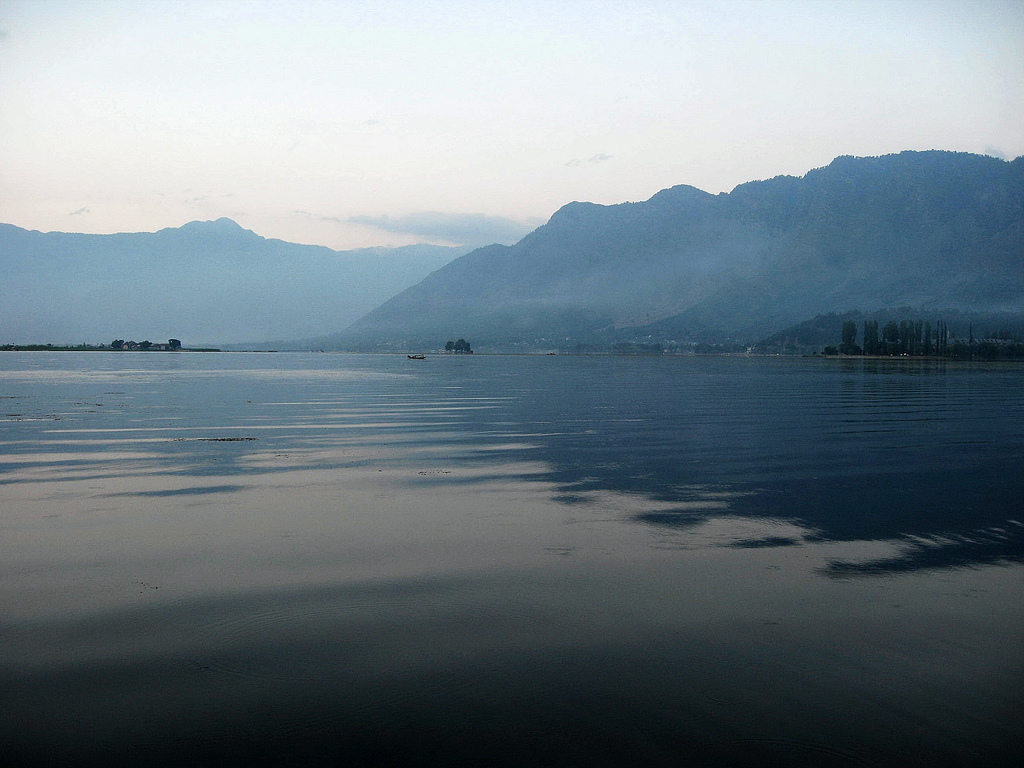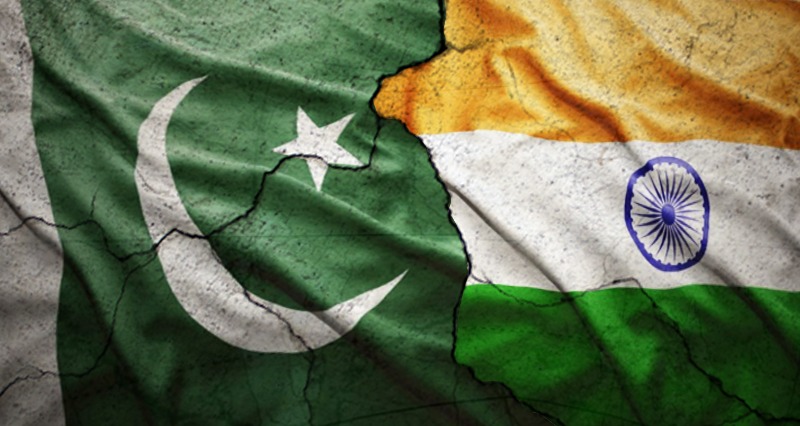The situation in Kashmir remains tense and residents of the state are living amid the fears for its further deterioration. It would be naïve to pin hopes on the mechanisms of reciprocal deterrence of the two nuclear countries. The international community is discussing the ways of setting up new alternative platforms for prevention of a new large-scale Indian-Pakistani war.
The origins of the Kashmir problem go back more than 70 years, to 1947 when Jammu and Kashmir State was partitioned along the principle of religious affiliations of its population. The problem of Kashmir was raised on many occasions at the UN but to no avail. Kashmir has been the focal point of wars between India and Pakistan in the past. The two opposing sides continue keeping their defense facilities along the Line of Control (LoC).
At present, the territory of Kashmir is de facto split into six parts.
India and Pakistan control one part each. The third part is controlled by China and is, in fact, divided in two sections – the one that Pakistan presented as a gift to China and other that Beijing occupied as a result of the Sino-Indian border conflict. The state also comprises an autonomy called the Free Kashmir, and the Siachen Glacier – an area split de facto by India and Pakistan.
Proponents of independence of the state have arisen from dormancy recently. Their number doesn’t exceed 5 or so percent of the local population, but still there is no unity in their ranks either. A noteworthy fact is that the leaders of some of these movements have never been to Kashmir. The adepts of ‘freedom’ are trying to disseminate their ideas through the young fellow-countrymen but the Kashmiris of older generations realize only too well that the United States of Kashmir is but a utopia.

In the meantime, India’s incumbent Constitution says that Jammu and Kashmir does not belong to India in full. In much the same way, the Pakistani Constitution doesn’t make it possible for foreigners, including the citizens of India and Pakistan to purchase land plots in Kashmir. One can live and rent land there but its purchases are ruled out under any circumstances. Land in Kashmir belongs to the Kashmiris only – a fact that doesn’t stop the cross-border countries from penetrating the economy of contested territory, even though the inflow of tourists there has shrunk markedly there in the wake of mounting tensions.
The main apprehensions of the international community revolve around the possibility of an expansion of the Indian-Pakistani conflict into a full-scale war where nukes will be used. The probability of this scenario is high enough and the risks of it exist on both sides, since one of them will inevitably start losing the battle if a full-blown war unfolds. In the absence of efficient levers of international influence on the situation, the losing side might take a decision to bring the nukes into play at some point. The likelihood of it is still bigger, as considerable sections of the Indians and Pakistanis have only victory in mind and hardly have any idea of how many victims the nuclear strikes would produce or what their aftermaths would look like.
In order to avert this ominous possibility, experts have been speaking of late about the importance of a new format for prevention of another Indian-Pakistani war. It is all too obvious that the new format is an essential condition for a long-term settlement of the Kashmiri problem. The expert community generally agrees that Moscow could take on the organizing role. It is important to bring India, Pakistan and, on top of that, China and the very people of Kashmir to the table of negotiations. The format could also help take a new look at the old problem and tap a way out of the situation, thus slashing the risk of a nuclear war or even eliminating it altogether. More than that, Moscow has been demonstrating its unparalleled negotiating capabilities over decades in what concerns the settling of various ethnic and inter-religious crises and it has gained substantial experience in untangling the Indian-Pakistani conflict, too, starting off as far back as in 1966. It has friendly relations with both India and Pakistan at present. And friendship presupposes mutual respect, among other things. Delhi and Islamabad have an apparent interest in Russia’s efforts and Russia has a big capability to wield influence on India and Pakistan likewise.
Other countries offer their mediatory services in the solution of the Indian-Pakistani crisis as well. Turkey that certainly has an ability to influence Pakistan and even to motivate it towards taking some or other decisions is one of them. The problem lies in its rather limited relationship with India. Ankara will unlikely be able to wield any major influence on Delhi, as the menu of its resources in this respect isn’t big. Pakistani boycott of a conference of the Organization for Islamic Cooperation (OIC) attended by Indian Foreign Minister Sushma Swaraj spotlighted these limitations. It is well known that Turkey joined the boycott along with Iran and Qatar but the Islamic countries ignored Ankara’s stance.
Nonetheless, Turkey might play a supportive role in the efforts to settle the crisis in Kashmir – on the condition that Russia is in the lead. Joint Russian-Turkish steps might bring about the emergence of an alternative solution to the Kashmir problem – the one that would most likely require concessions from the parties to the conflict and would, to some degree, stand at variance with the expectations of India, Pakistan, China, and the Kashmiris themselves but would lead up to a durable peace settlement in the final run.

















Leave a Reply